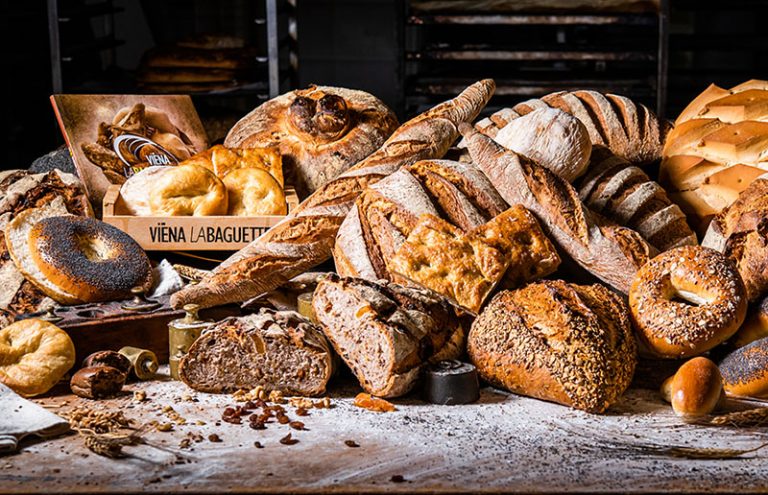For decades, the image of Spain was inseparable from its bread. The long, crusty barra de pan (baguette) was the constant companion to every meal, used to scoop up the last drops of olive oil, mop up salsa, and serve as the backbone of every bocadillo.

Yet, that staple of the Spanish table is rapidly disappearing. Data shows that bread consumption in Spain has plummeted by a staggering 80% since the 1960s, falling from an estimated 134 kilograms per person per year to around 28 kilograms today. This dramatic cultural shift is doing more than just changing mealtimes; it is reshaping the country's diet and devastating its traditional bakeries.
What is driving this monumental change in a country deeply rooted in the Mediterranean diet? The reasons are a complex mix of health myths and generational shifts:
-
The "Bread Makes You Fat" Myth: This is arguably the most influential factor. Despite being a low-fat food, the persistent, incorrect mantra that "bread makes you fat" has profoundly impacted public perception. Studies indicate that nearly 30% of Spaniards now try to follow a bread-free diet, while another quarter do not consider it necessary for balanced nutrition.
-
The Generational Divide: Younger Spaniards are increasingly replacing bread with other, more globally popular carbohydrates. Rather than pan being the go-to starch, the modern generation often prefers alternatives like pizza and pasta.
-
The Gluten Concern: Following global trends, many Spanish consumers, even without a diagnosed intolerance, have reduced or eliminated gluten-containing products, further pressuring traditional bread sales.
The cultural rejection of daily bread has had a crushing effect on the industry that defines local neighbourhoods:
-
Bakery Closures: Since the turn of the century, an estimated 40% of traditional bakeries (panaderías) have closed their doors.
-
Shift to Industrial Bread: As daily consumption falls, sales have moved away from skilled bakers to large supermarkets and gas stations, where highly processed, industrial, and often less flavourful loaves dominate the market.
-
Rising Prices: Compounding the problem for the consumer, the price of bread has risen significantly—up approximately 30% in the last decade, making bulk purchase less appealing.
Despite the overall decline, there is a positive counter-trend that expats, in particular, have enthusiastically embraced: the rise of artisanal bread.
Spanish consumers are increasingly moving towards high-quality, speciality breads. This demand is for loaves crafted using traditional methods, long fermentation, and quality ingredients—such as rustic sourdough (pan de masa madre) and whole-grain varieties.
This shift suggests that while bread may no longer be the cheap, obligatory filler for every meal, it is re-establishing its prestige as a gourmet, high-value food item. Instead of mindlessly consuming 130 kg of low-quality bread a year, Spaniards are now choosing smaller amounts of superior, traditionally made bread.
For those of us living in Spain who appreciate the rich culinary heritage, the best way to combat this decline is simple: seek out and support your local, artisan baker. Choose quality, complex flavours over convenience, and help keep the heart of Spain's baking tradition alive.